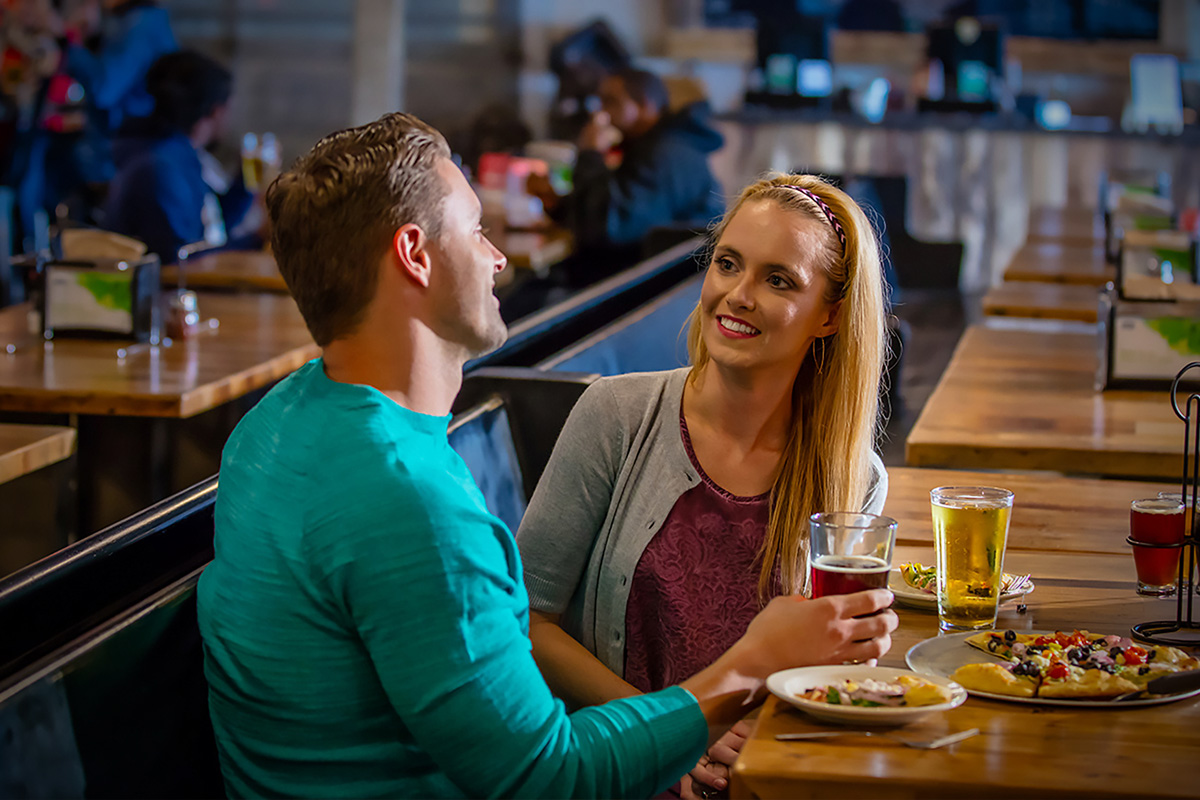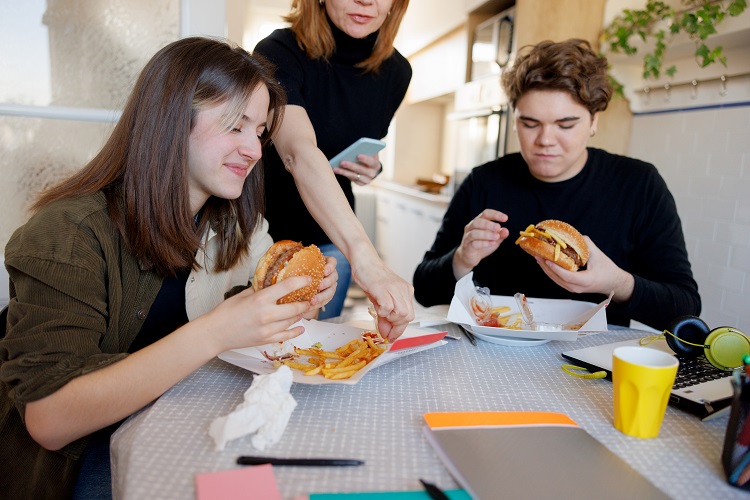In an interview with AFP, French influencer Miel Abitbol urged Emmanuel Macron not to sweep the issue of young people's mental health "under the carpet" and to act on this "priority" issue despite political uncertainty.
The 18-year-old, who has more than two million followers on TikTok and launched Lyynk, an app dedicated to youth mental health, a year ago, had already raised the issue with the head of state earlier this year.
The latter had responded to her via social media, assuring that he was "trying to provide answers with all our caregivers to provide more resources," before receiving her at the beginning of July at the Elysée.
A few days earlier, in June, the government had unveiled a mental health plan but without convincing many caregivers who regretted insufficient measures and a lack of clarity on financial resources.
"Mental health" has been declared by the government "a major national cause for 2025. It's September and not much has been done," laments Miel Abitbol. "Something needs to be done today for the mental health of young people, even if it's a bit of a mess at the government level," she adds, referring to the period of political uncertainty opened by the resignation of the Bayrou government.
"We can't sweep the dust under the rug because we're talking about lives, we're talking about young people who are doing badly, many of whom are committing suicide," insists the influencer, whose app has been downloaded 300,000 times and has 50,000 "almost daily" users.
The young woman, who went through a period of depression after being the victim of harassment and revenge porn when she was 13 or 14, is calling for measures related in particular to school, "a major stress factor for many."
However, she believes that the government's ban on social media for young people under 15 is "not the right thing to do," and that "moderating social media and educating is better."
Highlighted in a recent parliamentary report, social networks "can deteriorate mental health," she admits, and we must tackle "toxic algorithms."
But "for many, it's a place where (young people) connect with their loved ones, with friends, where they learn things, where they discover new passions," she adds. Thinking that by banning social media, "we've done what's necessary for young people's mental health" is a mistake, she believes.


